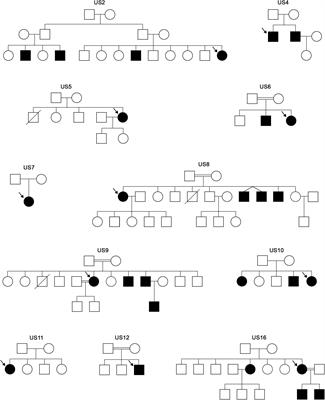EDITORIAL
Published on 23 Sep 2020
Editorial: The Genetic and Environmental Basis for Diseases in Understudied Populations
doi 10.3389/fgene.2020.559956
- 1,785 views
- 1 citation
32k
Total downloads
152k
Total views and downloads
EDITORIAL
Published on 23 Sep 2020
ORIGINAL RESEARCH
Published on 13 Feb 2020

ORIGINAL RESEARCH
Published on 07 Feb 2020

REVIEW
Published on 16 Jan 2020
ORIGINAL RESEARCH
Published on 26 Nov 2019
ERRATUM
Published on 26 Nov 2019
ORIGINAL RESEARCH
Published on 18 Sep 2019
SYSTEMATIC REVIEW
Published on 02 Aug 2019
ORIGINAL RESEARCH
Published on 02 Aug 2019
ORIGINAL RESEARCH
Published on 10 Jul 2019
ORIGINAL RESEARCH
Published on 28 May 2019

ORIGINAL RESEARCH
Published on 22 May 2019

